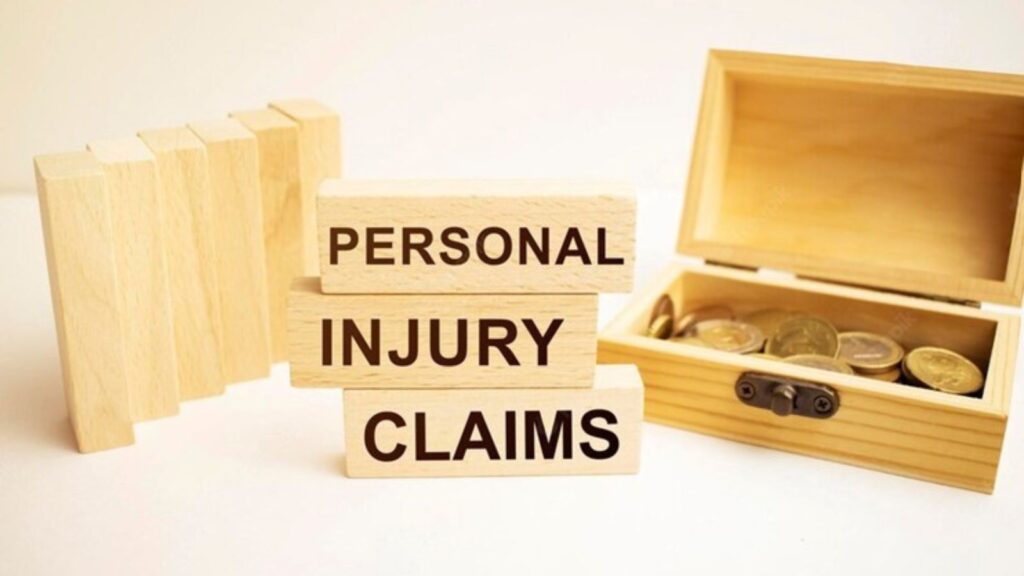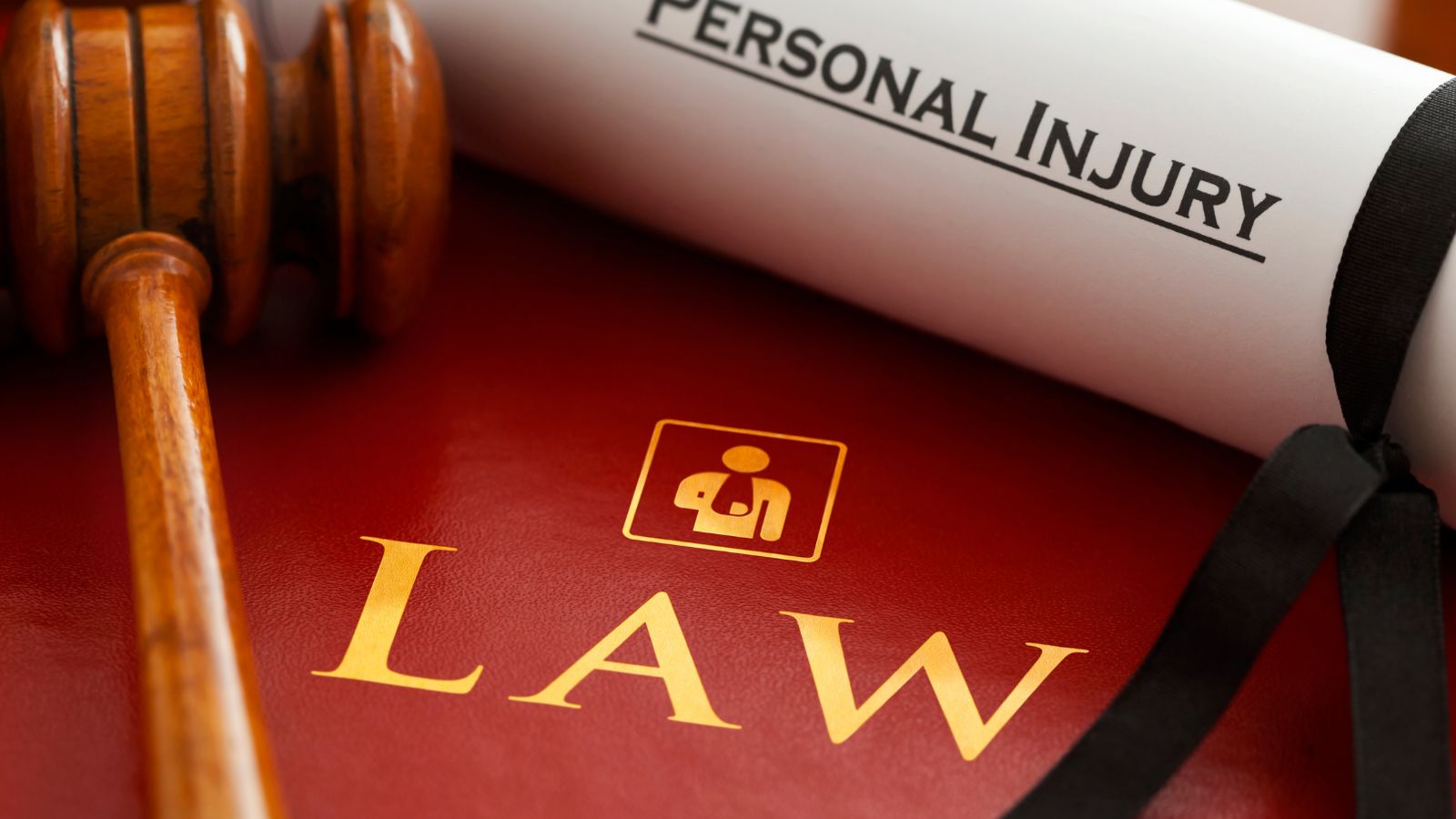
How Personal Injury Claims Work in South Carolina
In South Carolina, a personal injury claim lets you recover damages if someone’s negligence or intentional act harms you. Common cases include car accidents, slip and falls, and medical malpractice.
The legal basis hinges on proving fault through negligence (like reckless driving), strict liability (defective products), or intentional acts. A personal injury settlement in South Carolina often depends on evidence like police reports or medical bills. We’ll break down how these rules shape claims statewide.
Key Steps in Filing a Personal Injury Claim
- Seek Medical Attention: Always get medical help right after the injury. Even if you feel fine, some symptoms show up later. Keep up with follow-up visits, and make sure all treatment is documented.
- Gather Evidence: Strong proof can support your side. This includes police or incident reports, photos of the scene, and names of any witnesses. We also suggest keeping a written record of how the injury affects your daily life.
- Notify Relevant Parties: Let the right people know about the incident. That may mean contacting your insurance company, employer (for work-related injuries), or the person who caused the harm. Timing matters, so don’t wait too long.
- Consult a Personal Injury Attorney: An attorney can look at the facts and help decide the best way forward. They help protect your rights, deal with insurance adjusters, and ensure your claim follows South Carolina law.
The Role of Comparative Negligence in South Carolina
South Carolina operates under a “modified comparative negligence” rule, significantly influencing personal injury claims. This rule allows an injured party to recover damages even if they are partially at fault for the incident.
However, their recovery is reduced by their percentage of fault. Importantly, under South Carolina law, if the injured party’s fault is determined to be greater than 50%, they are barred from recovering any compensation.
Consider a scenario where an individual injured in a car accident in South Carolina is found to be 20% at fault. If their total damages are assessed at $10,000, they would be eligible to recover $8,000 (80% of the total damages). Conversely, if that same individual were found to be 60% at fault, they could not recover any compensation under South Carolina’s comparative negligence statute. Understanding these fault percentages is crucial in evaluating the potential outcome of a personal injury claim in the state.
Statute of Limitations and Other Time-Sensitive Rules
In South Carolina, a critical factor to consider is the statute of limitations, which sets a strict deadline for filing most personal injury lawsuits. Generally, this period is three years from the date the injury occurred.
However, there are specific exceptions to this rule. For instance, claims against government entities often have significantly shorter filing deadlines, and cases involving minors may have different rules that extend the time limit. Therefore, taking prompt action is paramount to preserving your legal rights and avoiding the expiration of the statutory period.
What to Expect During the Claims Process
Once a claim begins, the first step is investigation. We review medical records, gather evidence, and speak with witnesses. Insurance companies also do their own reviews.Next comes negotiation. Sometimes, we reach a fair agreement without going to court. If not, we may move toward a lawsuit.
In many cases, mediation or arbitration helps both sides find common ground. These steps can avoid a full trial.Timelines vary. Some claims settle in weeks. Others, especially complex ones, may take a year or more. It depends on the facts, the injuries, and how willing both sides are to resolve the case.
We stay involved every step of the way, ensuring your claim moves forward and your rights are protected.
Damages Recoverable in South Carolina Personal Injury Cases
In South Carolina, people injured by someone else’s actions may receive compensatory damages. These include economic damages, like medical bills, lost income, and future treatment costs. Non-economic damages cover pain, stress, and the impact on everyday life.
In rare cases, punitive damages may be awarded to punish especially reckless or harmful behavior. Some claims, like medical malpractice, have damage caps. For example, South Carolina limits non-economic damages in those cases.The type and amount of compensation depend on the injury, the proof, and the law. That’s why we gather clear records and stay focused on what the law allows.
How South Carolina’s Legal Standards Impact Your Case
South Carolina requires proving your case by “preponderance of the evidence,” meaning it’s more likely than not that the other party was at fault. Strong evidence, such as medical records, accident reports, and expert testimony, is crucial.
Local courts favor clear, well-documented claims. Judges often weigh witness credibility heavily, so thorough preparation matters. Understanding these standards helps build a persuasive case.






